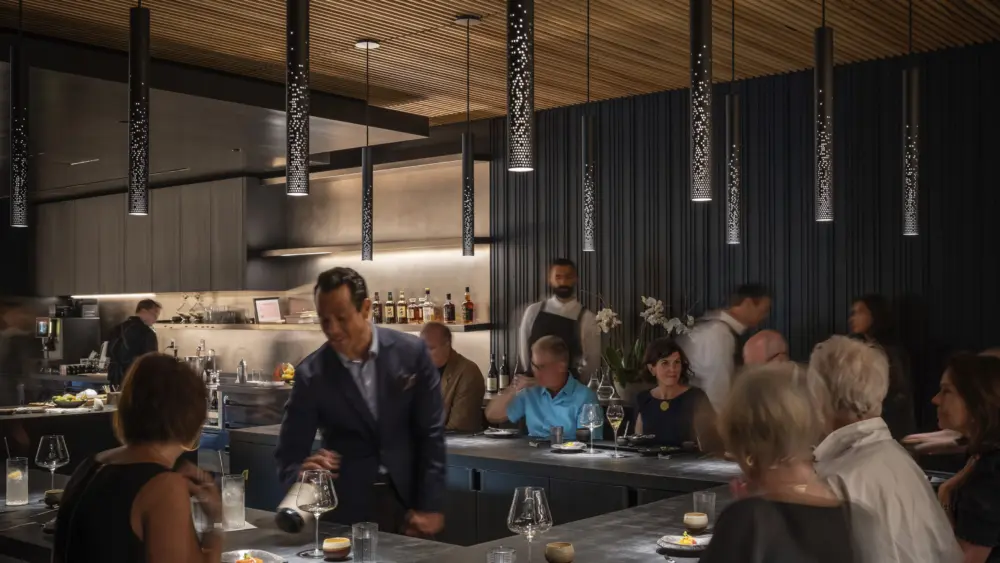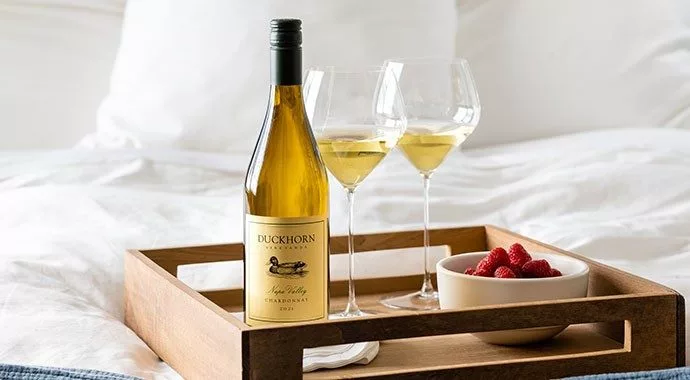By virtue of the very product it sells, M.A. Silva Corks, USA, has been a sustainable business from the get-go. Since 2000, the company has been supplying North American markets with natural premium wine corks from Portugal. A natural product, cork is harvested from cork trees; the bark is removed by hand, with no damage done to the tree itself, leaving it healthy for continued growth and reharvestation nine years later. By leaving a cork forest intact, the trees continue to absorb millions of tons of CO2 each year.
The original company, M.A. Silva Cortiças, was founded in Portugal in 1972 and is known for supplying high-quality corks to wineries worldwide for the past 40 years. Having earned Forest Stewardship Certification (FSC) in Portugal, M.A. Silva has achieved an esteemed position among buyers of FSC-certified natural cork from Portuguese forests. The FSC norm is geared toward maintaining environmentally appropriate, socially beneficial and economically viable forest management worldwide, and M.A. Silva is spearheading a movement to supply its customers with natural corks originating from forests managed according to this rigorous international norm.
Selling a sustainable and renewable product like cork is ideal, but the company also needed to “walk the talk” and incorporate a green, environmentally conscious mindset into its very essence—how the building operates and how it conducts daily business. Along with the early environmental foundation put in place in Portugal, I was determined to incorporate more sustainable and eco-friendly practices into day-to-day operations. As the company was growing and expanding, I decided that the construction of a proposed new production facility in Santa Rosa in 2006 would be an opportune time to put words into action.
In 2008, M.A. Silva Corks, USA, became the first wine cork processing operation in California to participate in PG&E’s ClimateSmart, a program supporting carbon neutrality. By joining this program, it vowed to support projects that reduce or absorb greenhouse gas emissions. Novato’s SolarCraft installed a solar power system to supply the energy needed for branding the corks when they arrive at the facility. This system generates approximately 151,762 kilowatt hours of energy annually, sparing the air nearly 80 tons of harmful greenhouse gases each year. The solar energy produced daily is enough to power 45 average homes and eliminate air pollution equivalent to more than 5.4 million miles of driving over the next 30 years.
M.A. Silva Corks, USA, was also the first cork processing facility in California to be recognized by Sonoma County’s Green Business Program, which addresses all aspects of business operations, energy use, recycling efforts and waste production. This partnership of government agencies and public utilities assists, recognizes and promotes local organizations that demonstrate a commitment to higher environmental performance. To be certified green, participants must be in compliance with all applicable environmental regulations and meet program standards for conserving resources, preventing pollution and minimizing waste.
Consequently, the new complex was designed and constructed as a state-of-the-art, food-grade facility with sustainability concepts integrated into the operations, structure and surrounding grounds. Efficient water and air purification systems, Energy Star interior finish treatments and covered insulation dramatically reduced energy consumption. Water-saving irrigation, smart controllers and drought-tolerant flora further reduce water consumption while capturing CO2.
The company is particularly active in the category of solid waste reduction and recycling, having dramatically reduced the amount of the waste it produces. This was accomplished by eliminating printed documents and switching its operations online. By moving to high post-consumer content packaging, soy-based inks, biodegradable packing and plastic bags made from cornstarch, consumption of petroleum and non-recyclable materials was drastically reduced.
The latest accomplishment is the recently installed solar panel array, which now provides 100 percent of the facility’s energy needs, further demonstrating its commitment to sustainability both through business operation and the products it delivers.
In addition to the sustainable and renewable energy functions of the building and the company’s day-to-day operations, M.A. Silva was the first (and remains the only) cork company to achieve the Profram of the Endorsement of Forest Certification (PEFC) Council certification. Founded in 1999, the international PEFC Council promotes sustainable forests through more than 35 independent, third-party national certification systems. Covering 85 percent of the world’s forest area, 149 governments support the PEFC Council, including the United States and Portugal. This certification is awarded only to companies that employ strict “chain of custody” processes, assuring purchasers they’re buying cork products solely produced from sustainable forests.
Recently, M.A. Silva has begun collaborating with Cork ReHarvest, an organization founded in 2008 to lead the cork recycling movement in the United States and Canada. By helping collect and recycle some of the billions of natural corks produced each year, this group works to educate the public about the vital importance of preserving and protecting Mediterranean cork forests. Cork collection boxes are placed in grocery stores, winery tasting rooms and wine and bottle shops. Cork ReHarvest also works with the food, beverage and hospitality industries to collect cork at restaurants, hotels, wine bars and convention and performing arts centers.
These steps are part of the ongoing sustainability plan at M.A. Silva Corks, USA, and will ultimately help it achieve its goal of producing zero waste in every operation across the company.
Neil Foster is owner and president M.A. Silva Corks, USA. You can contact him by email info@masilva.com or (707) 636-2530.



